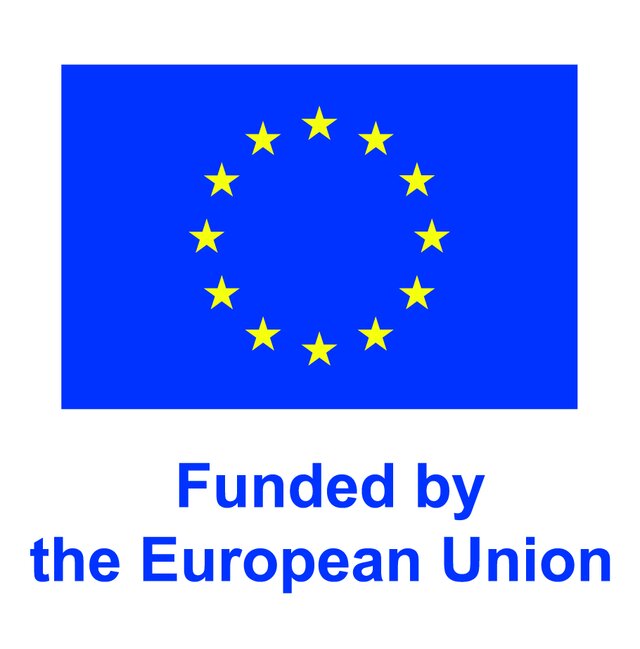
IGdJ starts EU-funded Project in Holocaust Studies with partner institutions in Hungary, Romania and Slovakia
Digital Memorial Knowledge Infrastructure – The Holocaust in Hungary 80 Years Later
Every tenth victim of the Holocaust was Hungarian. 500,000–600,000 Hungarian Jews and Roma were murdered by the German Nazis and their Hungarian accomplices. Most of their names are still unknown. 80 years after the Holocaust in Hungary, a transnational research and remembrance project aims to explore, recover and honor the fate of the deported women, men and children. Together with partner institutions in Hungary, Romania and Slovakia, the Institute for the History of the German Jews (IGdJ) will build a digital memorial knowledge infrastructure. Collecting the largest possible number of deportees’ names and stories, the focus of the IGdJ is on the deportations to Northern Germany, most importantly to the SS-concentration camps of Bergen-Belsen and Neuengamme. The latter in particular had a vast system of subcamps set up to increase forced labor for the war economy.
The project aims to research and discuss the experiences of victims and survivors as well as the long term impact of this history of violence on the families of the persecuted and on societies at large. To disseminate the results to the widest possible form, freely accessible online contents are complemented by public events that will be held in the four countries. A workshop to launch the project in Hamburg will be held at IGdJ at 8 June 2023.
The HUNGMEM project is implemented in the cooperation with the Hungarian Jewish Museum and Archives, the Romanian Institute for Research on National Minorities and the Jewish Community in Komárno. The project is supported by the EU Commission within the funding scheme CERV – Citizens, Equality, Rights and Values. The cooperation will offer a unique chance to advance research on the Holocaust by evaluating sources scattered in different archives to reconstruct transport routes as well as individual biographies.
For further information please contact: Dr. Anna Menny and Dr. Kim Wünschmann


